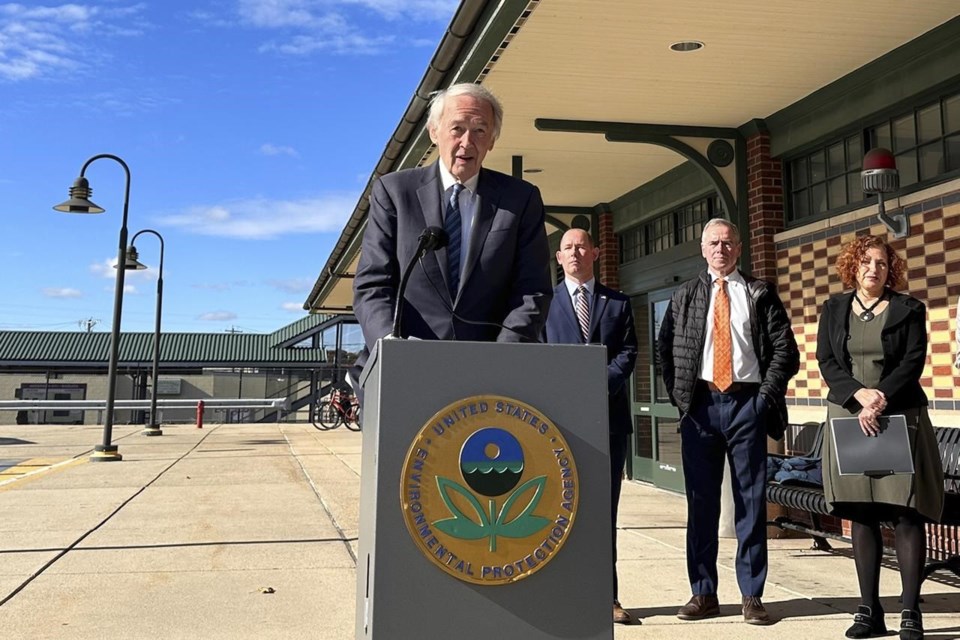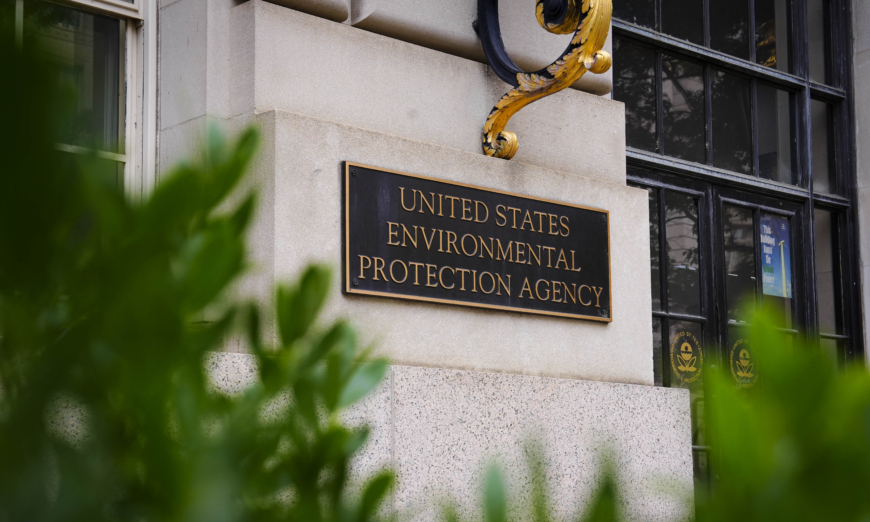U.S. Environmental Protection Agency (EPA) has proposed a nationwide ban on CDC chemical trichloroethylene (TCE), a carcinogenic chemical prevalent in a range of consumer products, including automobile brake cleaners, furniture care solutions, and arts and crafts spray coatings.

CDC Chemical Trichloroethylene Linked to Cancer Faces EPA Proposed Ban in Automotive Care and More (Photo: Cochrane Eagle)
Massachusetts Senator’s Long Fight to Ban TCE
In a report featured by the US News, in October 23, 2023, the U.S. Environmental Protection Agency (EPA) has taken a significant step to protect public health by proposing a ban on CDC chemical trichloroethylene (TCE), a cancer-causing chemical found in everyday consumer products. CDC chemical trichloroethylene TCE has posed a longstanding threat, linked to sudden death, kidney cancer, and neurological harm. Despite concerns raised decades ago, TCE has continued to be produced in substantial quantities, with as much as 250 million pounds still manufactured in the United States annually.
This move marks a pivotal moment in the battle against this hazardous chemical, rooted in its connection to contaminated drinking water in Woburn, Massachusetts, a case that led to the establishment of Superfund sites. In a bid to protect American families, communities, and workers from a toxic legacy, the EPA’s proposal to ban CDC chemical trichloroethylene (TCE) has been welcomed by Massachusetts Senator Edward Markey.
His tireless advocacy to end the manufacturing and distribution of this deadly chemical stems from his personal connection to Anne Anderson, a resident-turned-activist who lost her son to leukemia in 1981 due to CDC chemical trichloroethylene TCE exposure. Their partnership, which began in 1980, aimed to clean up Woburn and bring justice to affected families. This action signifies an end to an era where corporations used communities like Woburn as dumping grounds for toxic CDC chemical trichloroethylene TCE, a battle that gained national attention through the lawsuit involving eight Woburn families and the book and movie titled “A Civil Action.”
READ ALSO: Hurricane Season 2023 Sees Hurricane Tammy Make Landfall And Invest 95L Development
Industry vs. Environmental Groups: A Debate Over TCE’s Value
According to the data released by the Washington post, the proposed TCE ban is not without its controversies. The American Chemistry Council argues that CDC chemical trichloroethylene TCE has significant industrial uses, and it calls the proposed rule “inconsistent with the underlying science.” This industry group insists on the importance of considering the best available science and accurate exposure assessments in EPA risk management proposals.
Conversely, environmental groups applaud the EPA’s science-based approach and advocate for the ban, emphasizing the need to eliminate hazardous chemicals from the market. The proposed rule, if enacted, will take effect in one year, significantly impacting products like refrigerants, solvents, carpet cleaners, and laundry spot removers, aiming to minimize the “unreasonable risk of injury to health or the environment” posed by CDC chemical trichloroethylene TCE.
This proposed ban on CDC chemical trichloroethylene TCE stems from a broader expansion of the EPA’s regulatory powers under the Frank Lautenberg Chemical Safety Act, a 2016 law designed to address and regulate toxic chemicals, including those like TCE that have long been associated with cancer and other health risks but were insufficiently regulated under federal law. This statute has set in motion a series of actions to protect public health, including bans on asbestos and other hazardous chemicals, marking a pivotal moment in the efforts to safeguard the well-being of the American population.
READ ALSO: Will County Sheriff’s Office Crucial In Investigating Anti-Muslim Attack On Hanaan Shahin And Son
























